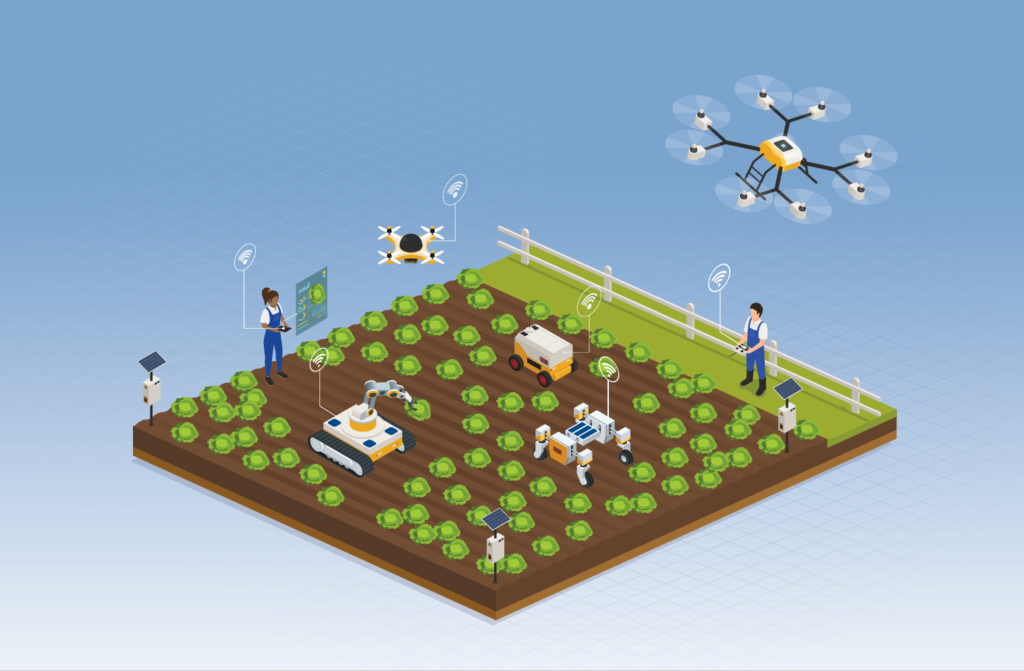
May 28, 2021
Precision ag tech can play a role in organic agriculture: Editor’s letter
I’m probably just revealing my sell-by date with this reference, but do you remember the game show “Who Wants to Be a Millionaire?”

The trivia quiz show is still with us today, but shone a bit brighter in 1999. Stumped contestants get a limited number of “lifelines.” My favorite lifeline is “Phone a Friend,” which I depend on often for my work. Let me give you an example question:
“Are precision agriculture technologies, such as water moisture sensors, robotic weeders, helpful for organic agriculture?” Here is how four members of our editorial board responded:
- Homegrown Organic Farms CEO Scott Mabs: “Most definitely. It is even more important with organic ag that we utilize technology to bring solutions to our challenges. Better plant physiology knowledge is a must and finding ways to pull hand labor out of the equation (is also valuable).”
- Rodale Institute’s Farm Director Rick Carr: “Yes, if you can afford it and are willing to adapt as the tech becomes outdated. These technologies are designed to increase efficiencies and reduce labor costs. But, as you can understand, tech is always evolving so something created this year may become obsolete in two years. Your cell phone is a great example. How long have you had it, how long since the previous cell phone, and how long till you think you’ll get a new one?”
- Joji Muramoto, assistant cooperative extension organic production specialist at the University of California: “Fertility and pest management of organic growers depend a lot on the biology and biodiversity of their farms that are sensitive to environmental factors such as temperature and moisture. Therefore, they can use various kinds of novel, affordable and accessible environment monitoring systems. Accessible and affordable robotic or mechanical weeders would also be useful for organic growers.”
- Texas’ Patrick Lillard of the national SARE Outreach Steering Committee: “It may depend on how you define precision agriculture, but there are definitely some opportunities for improving organic production through precision technologies and data collection. Pedro Schambon at My Father’s Farm just south of Austin invested in a mechanical radish harvester, and was also developing software to streamline recordkeeping. Since organic growers have to keep records for certification, GAP and FSMA, having one program to compile those would simplify the process.”
That’s just a start. Patrick had other thoughts. Going ahead, we hope to expand the editorial board to better represent diverse growers and professionals in organic agriculture.
These days, smart friends who pick up the phone when you call are better than cash. They make you feel like a millionaire.









